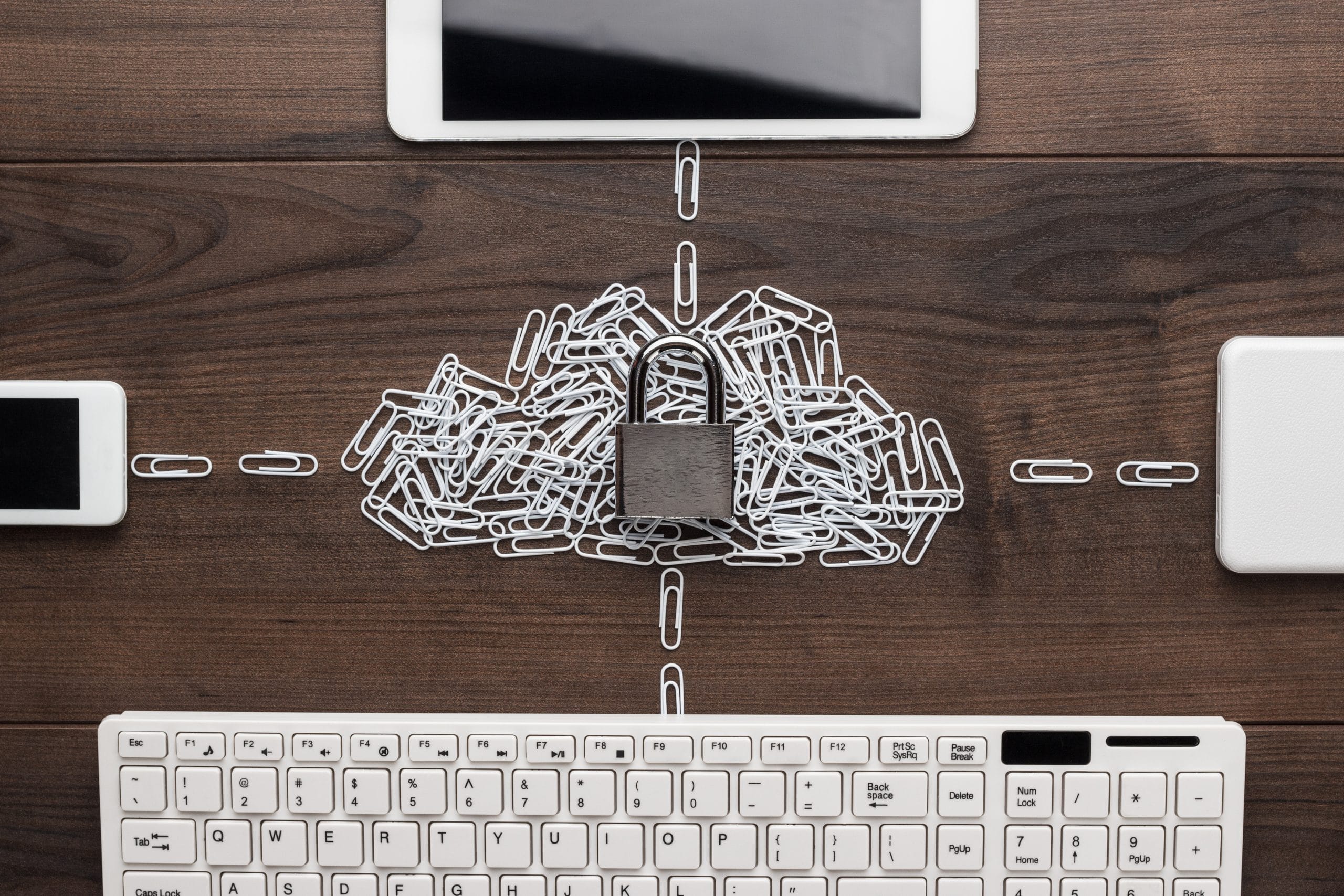The Internet of Things (IoT) is the interconnection of smart devices that revolutionizes the way we as a digital society live and interact with living beings, processes and things. From your fitness band, the water bottle that reminds you to stay hydrated, the voice assistants, smart plugs or sensors that connect your phone with other smart home appliances, a self-driving car, security systems for buildings and industrial automation systems to digital supply chains—everything is a part of IoT.
According to a 2020 survey, the average American had access to more than ten connected devices in their household. To put things into more perspective, that’s over 3 billion smart devices actively being used in the United States alone!
Basically, IoT is the network of all network devices. It is made up of smart devices connected together, offering us an opportunity to be more efficient in how we do things. It also allows companies, industries and public authorities to automate systems and processes, provide innumerable insights and discover better ways to connect and offer more value.
IoT is not only impacting our lives as individuals but is also transforming and revolutionizing the Information Technology landscape by presenting innovation in almost every industry today.
With time, the impact of the Internet of Things on our daily lives will soar exponentially. It is estimated that the IoT devices market will reach 75 billion by 2025, a nearly threefold increase from 2019 figures.
How Secure is The Network of All Networks?
With every new smart device, we open another innovative avenue for the digital arena. But as we pace through this world of technology designed to make our lives easier, we must not forget that these smart devices can still be hacked! The very connectedness of the Internet of Things makes it vulnerable to cyberattacks, exposing private information for misuse.
Basically, any device that operates digitally is at risk of data theft. Personal IoT devices like mobile phones, tablets, home automation devices, smartwatches and other wearables become easy targets for hackers. They can sneak access to sensitive information including bank details, health records, sensitive email and much more.
The Inevitable Need For Cybersecurity
Hooked on the internet? Sure, who isn’t? But don’t get hooked by phishers!
The rise in panic and global concerns due to the novel coronavirus, coupled with the majority of the population working from home, has left everyone even more vulnerable to cybercrime. Since COVID-19, the US FBI reported a 300% increase in reported cybercrimes.
While data breaches at big corporations may be highlighted in media reports, it is the small businesses that are the new frontier for cyberattacks. A Verizon data breach report said small businesses are the target of 43% of cyberattacks.
An estimated 84% of organizations have IoT devices on their corporate networks, but more than 50% of them don’t maintain necessary security measures beyond default passwords. The interconnectivity of smart devices and the fact that they all might be running on the same internet server can expose more than one device or personal database to the loopholes in the security system. And that’s why it’s crucial to secure every piece of interconnected technology on your network.
Check out these five handy tips to protect your smart devices:

Defend The Digital World – Learn Cybersecurity
The demand for skilled cybersecurity professionals has risen to new heights. For years, there’s been an increasing shortage of cybersecurity talent, with nearly 465,000 unfilled cyber positions throughout the nation.
With more and more IoT devices continually evolving and people getting more interconnected online, the scale and intensity of cyberattacks will multiply manifold. This means that the demand for cybersecurity professionals to protect our networks, secure personal devices and defend critical data from hackers by implementing smarter security will continue to magnify.
Human intelligence and comprehension is the best defense against phishing attacks. Does defending the digital world from cyberattacks sound like a career you’d be interested in? If yes, now is the right time to be a part of the cybersecurity industry!
The NJIT Cybersecurity Professional Bootcamp can help you gain the skills you need to get started with implementing security measures, responding to cyberattacks and protecting business and consumer data.
Built for learners of all experience levels and professional backgrounds, our bootcamp helps you develop the skills and hands-on training that hiring departments look for in qualified cybersecurity candidates.
Here’s how our bootcamp will prepare you to enter the cybersecurity workforce:
- The intensive 400-hour live and online program is structured around evening and weekend course schedules, to provide more flexibility for you.
- You will learn from industry-leading, cybersecurity professionals who bring their experience directly into the classroom while you hone new skills through practical simulations and cyber labs that mimic real-world cybersecurity scenarios.
- Our curriculum includes individual and group exercises and immersive lectures on essential topics like cyberinfrastructure and technologies, ethical hacking, data loss prevention and more.
- A dedicated team of advisors to give you personalized career services, such as resume writing, interview coaching, and LinkedIn profile optimization.
In less than a year, learners will be ready to step into the cybersecurity workforce with a skill set focused on defending from and preventing cyberattacks. Take the first step, fill out the form below to get in touch with our team!



